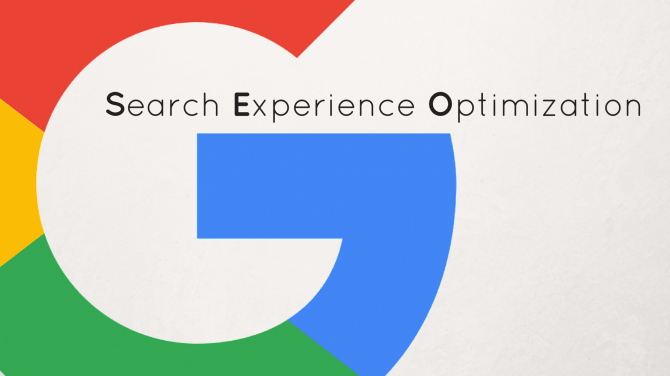Google says goodbye to Sitelinks Search Box
Dec 02, 2024
Remember that handy little search box that sometimes appeared below Google search results? The one that let you search a specific website directly...
Mar 11, 2016
by luv Arora

Due to increased popularity of search engines, SEO was born and companies started to optimize their pages for the search engines. In the initial days, technical changes that made your pages more search friendly could give you a good advantage and could make you rank for the key phrases that the growing amount of internet users typed into the search boxes.
A thing which was made to improve search engines was being used for algortihm flaws which Google's bot considered to be fine but internet users were getting irritated of it.
Then over the years google had major updates like Mayday, Penguin, Panda, EMD
There have been many more algorithm updates, but these are arguably the ones that have drastically changed the SEO scene. Google’s main goal here was to improve the visitor’s search experience.
Search experience optimization is something that helps in making people happy when they are searching for something on the net. The underlying idea of search experience optimization should be that searching should be a pleasant, enjoyable experience.
Most signs indicate that Google & other search engines are trying to reward this behavior and will continue to do so in the future – a future in which they will most likely be even more sophisticated than today in recognizing and rewarding those who make search a better place.
Search experience optimization tries to improve the customer experience of users that are searching for something on the search engines that someone can provide in a way that leads them to your brand or simply your website.
Search experience optimization is:
I think explicitly addressing user experience is also important. Experience optimization encompasses all aspects of the search experience, from beginning to end:
1. How your content performs – beyond keywords:
Does your content do a decent work of meeting the expectations of searchers?
Are you aiming not only single, good search volume keywords but looking into providing highly targetted information to your visitors?
If so, your content will rank for more than just a few high ranking keywords but also long-tail, phrases and related topics or even related search terms.
2. The experience your visitors have while on your site:
How easy is your site to navigate?
How does it display on various devices?
How fast does your site load?
3. How your content meets the needs of its audience:
Is your content high quality, and is it written in a way that addresses the specific needs of its target market?
4. The optimization of your content:
Do your on-page SEO elements accurately explain your topic?
Or are people disappointed when they reach your site from the SERP’s? Does Google know what your content is about?
Google has shifted to a user experience model and it uses human experience and behaviour to judge a site than just keywords or links. It was always about search experience than search engine. It will be interesting to see how google takes notes from new social players and build on the experience part of it.
Begin With a Free Quote


Dec 02, 2024
Remember that handy little search box that sometimes appeared below Google search results? The one that let you search a specific website directly...


Nov 18, 2024
Backlinks are like votes of confidence from other websites. Search engines like Google use them to size up your site's authority and relevance. But...

 close
close